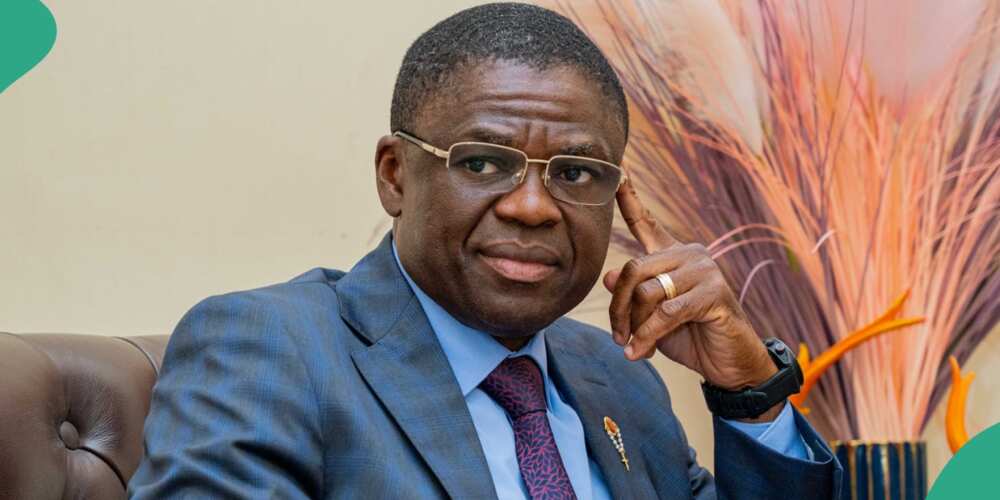The ongoing tension between the Edo State Government and its reinstated Deputy Governor, Philip Shaibu, has escalated following Shaibu’s stern warning to high-ranking government officials. As the current administration approaches its conclusion, Shaibu has emphasized the responsibility of Permanent Secretaries and Heads of Ministries, Departments, and Agencies (MDAs) to safeguard government properties. He indicated that these officials would be held accountable for any looting or misappropriation of assets that transpired under their watch. Shaibu expressed his concern that, as political appointees prepare to leave their positions, there is a heightened risk that they may resort to illicit activities, thereby jeopardizing state resources.
In his statement, Shaibu underscored the importance of vigilance, particularly as the government transition approaches. He explicitly stated that any improper actions taken by political aides, including Commissioners and Special Advisers, would also result in scrutiny of the senior civil servants who oversee these areas. The deputy governor insisted that these officials must take their custodial duties seriously, as failure to prevent the theft or destruction of state assets would reflect poorly on their management and could lead to serious repercussions. By framing the issue as one of accountability, Shaibu aimed to reinforce the notion that protecting public property is a shared responsibility between political appointees and career public servants.
The response from the Edo State Government came swiftly and was notably dismissive of Shaibu’s warning. Crusoe Osagie, the Special Adviser for Media Projects, characterized the remark as absurd and irrelevant, urging officials to disregard the statements made by the “impeached deputy governor.” This dismissal indicates a clear divide within the government, where the actions and authority of Shaibu are being actively contested. The assertion that Shaibu remains impeached until a court decision is reached further complicates his claims to authority; Osagie clarified that this status limits Shaibu’s ability to issue directives. This public friction raises questions about the governance dynamics within Edo State, particularly concerning the perceived legitimacy of Shaibu’s warnings.
Osagie’s comments were not only an attempt to delegitimize Shaibu’s authority, but they also served as a rallying call for other government officials to focus on their duties without succumbing to the perceived intimidation from their former deputy. His directive reinforced the authority of the current government structure and sought to instill a sense of normalcy amidst the turmoil created by Shaibu’s statements. Furthermore, it emphasizes a commitment to uphold public service integrity, highlighting that all employees should act in the best interests of Edo residents regardless of the abrupt power struggles occurring at higher levels.
The implications of this conflict extend beyond mere political theatrics; they pose deep concerns about governance and accountability in Edo State. As the administration prepares for a transition, ensuring that government properties remain safeguarded is paramount to maintaining public trust. Shaibu’s warning serves as a reminder that potential breaches can undermine the public’s confidence in their leaders. Conversely, Osagie’s dismissal represents an environment where political rivalries may supersede effective governance. The differing perspectives could lead to difficulties in navigating a smooth transition, potentially exacerbating feelings of mistrust both within the government and among the state’s citizens.
In summary, the feud between the reinstated Deputy Governor Philip Shaibu and the Edo State Government illustrates a significant rift within the state’s leadership. Shaibu’s warnings about looting ahead of the administrative change highlight the ongoing issues surrounding accountability and management of government resources. Meanwhile, Osagie’s rebuttal underscores a broader struggle over authority following Shaibu’s impeachment, raising questions about the stability and effectiveness of governance in the state. Ultimately, how these challenges are addressed will determine not only the state of government infrastructure and resources but also the future of public trust in Edo leadership.














